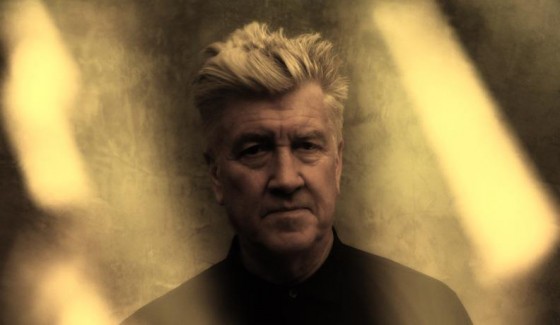David Lynch’s New Short “Idem Paris”
David Lynch is a consummate artist. His matchless cinematic pursuit of capturing the wild, weird world that he sees around himself has been something to behold for many cineastes. He’s been pumping out fascinating works for well over thirty year, and when a new Lynch film hits the theater or the internet, it’s worth heeding, at the very least. Sure, it won’t be for everyone nor will it ever be (which is typically the case for an artist truly motivated by a personal vision rather than popularity and universal clarity), but it’s safe to say that everyone will witness something out of the ordinary–even when he’s chronicling places and experiences that have seemed ordinary before Lynch turned his gaze on it. And his new short film/documentary “Idem Paris” is no different. Take a look after the jump.
As with all Lynchian works, it’s important not to go off the deep-end trying to come up with a definite interpretation of “Idem Paris” since “Lynchian” essentially implies elusive brilliance–a viewers best bet is to just go along for the ride with an open mind and hopefully it starts to coalesce–but on a technical level (the technical certainly being important to this short’s subject matter), I do find the the slow building sounds and progressively more intimately shot nature (getting closer and closer to the process, right into the machine itself until it becomes foreign and quite grotesque, similar to Blue Velvet‘s opening) to be incredibly effective at heightening the dirty, mechanical nature of the creation of this fine art. It all rises to a cacophonous crescendo; the newly-minted works are released at the short’s end into the waiting world to be viewed, analyzed, purchased, displayed, debated–the object of some human vigor whose source is overwhelmingly non-human. And with this increase comes a renewal of the age-old questions: What is Art? What makes something artistic? Are these pieces mere copies or are they unique examples of artistic expression (and expressed by whom or what, a machine?)? All interesting stuff, and don’t let the short’s form fool you: There aren’t any black-and-white answers to these questions, and Lynch, ever-documenting the world in his way, is astute (and wry) enough to know that.
But I leave it to you, my intelligent friends: What do you make of “Idem Paris?” Surely there is a ton of room for debate here. What think you?




